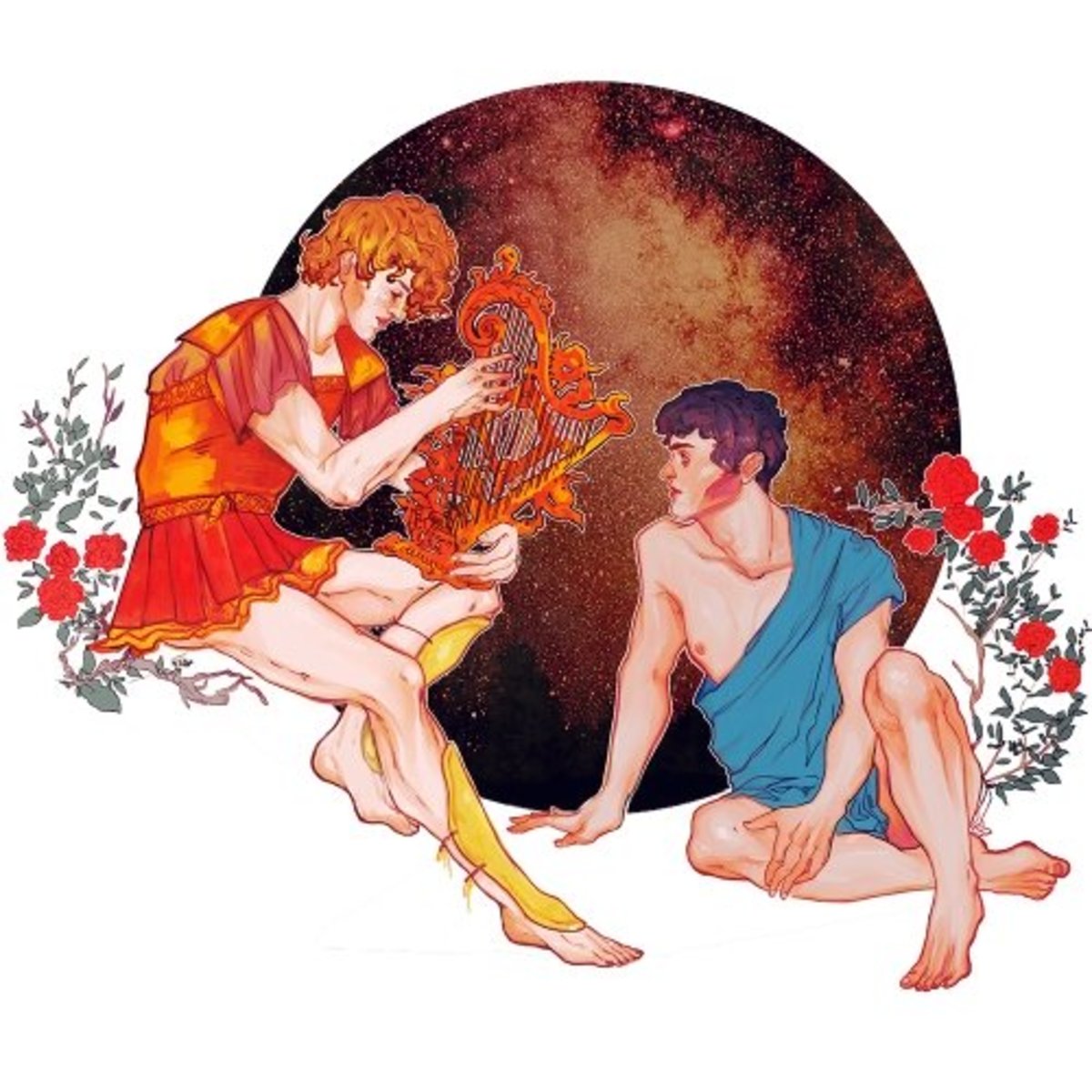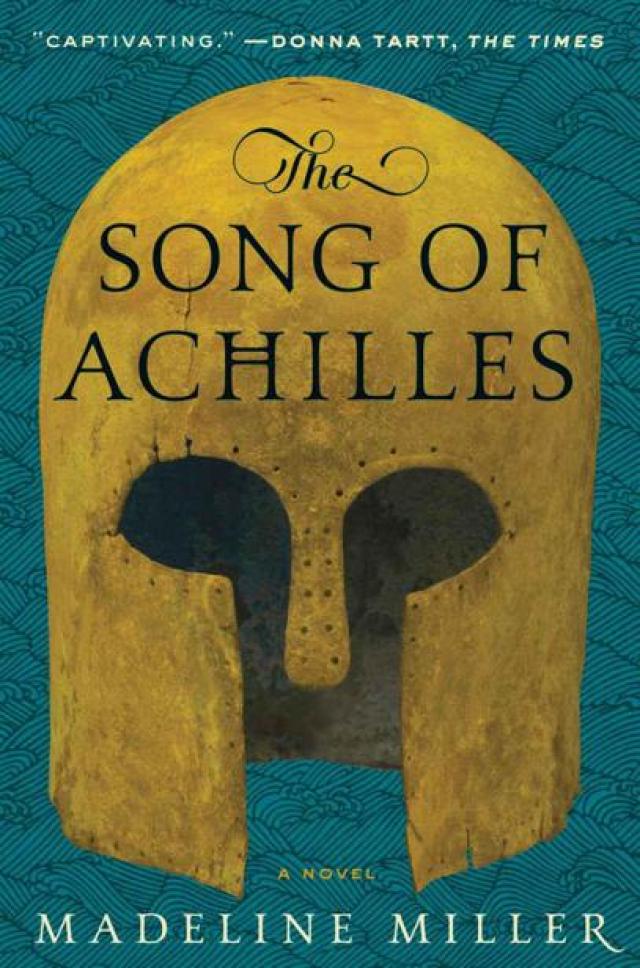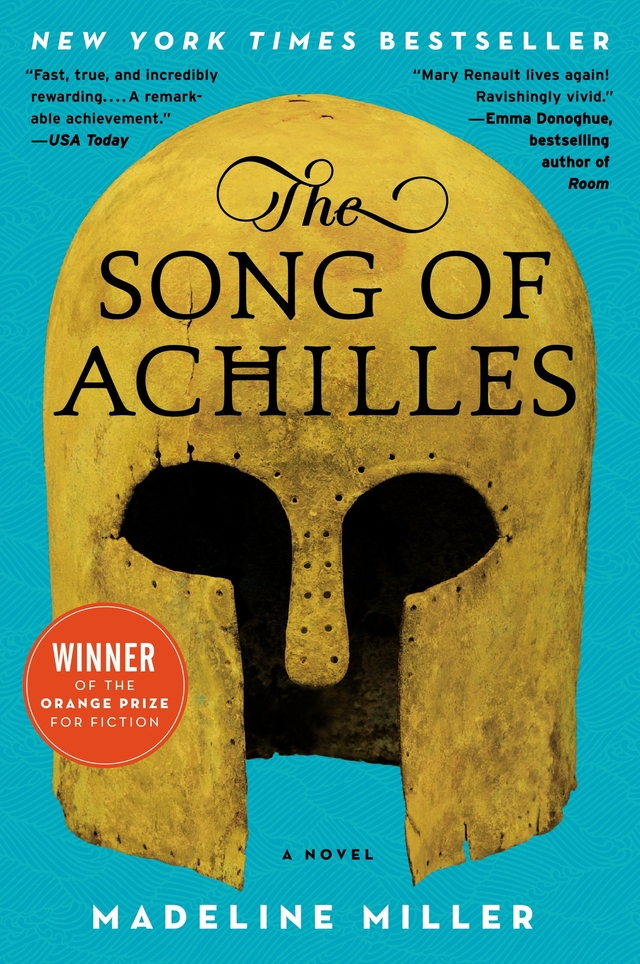




And all that was true, he was, after all, Aristos Achaion, the best of the Greeks, the greatest warrior of his generation.īut there’s a ballad, a sweet song that tells a different story, the story of the honorable son, the loyal friend, the mighty warrior, and the tender lover. It’s always said that in combat the Trojans fled at the sight of his golden armor and that no one was able to face him in a fight between equals. Many are the songs that have been sung about Achilles, in some the bards call him a hero, in others a ruthless killer. The Song of Achilles, the humanization of a hero Because yes, this retelling is mainly focused on Patroclus and Achilles’ romantic relationship, and although there’s only pain at the end of the journey for these two (history is, after all, unforgiving), the book is definitely worth all the tears. The Song of Achilles has everything you would expect from a story based on Greek mythology and a coming-of-age romance: war, glory, sacrifice, tragedy, and a love story for the ages. It’s not easy to take a well-known story and make it your own, but Miller does it masterfully and gives the story her own unique stamp. It’s through his eyes that we get to learn what happened during that time, the ups and downs of the war, the intricacies of their political system, and most importantly perhaps, the many facets of the greatest of all Greek warriors: Achilles. But in Miller’s novel, Patroclus takes center stage. In Greek mythology, Patroclus is a minor character who’s hardly ever mentioned as anything other than Achilles’ sidekick – the man behind the great warrior. Madeline Miller’s The Song of Achilles (2011) is a retelling of Homer’s work, just romanticized (quite literally) and told from the perspective of one forgotten character: Patroclus. A Greek epic poem that recounts the battles and events during the final weeks of the Trojan War and the siege of the city of Troy. Many are the tales told around this particular event in Greek mythology, but most notably, perhaps, is Homer’s Iliad. If you know your history, then we’re sure you’ve heard of the Trojan War at least once.


 0 kommentar(er)
0 kommentar(er)
